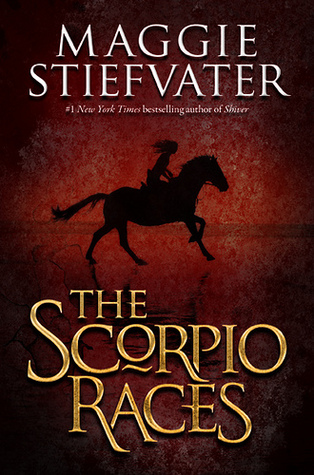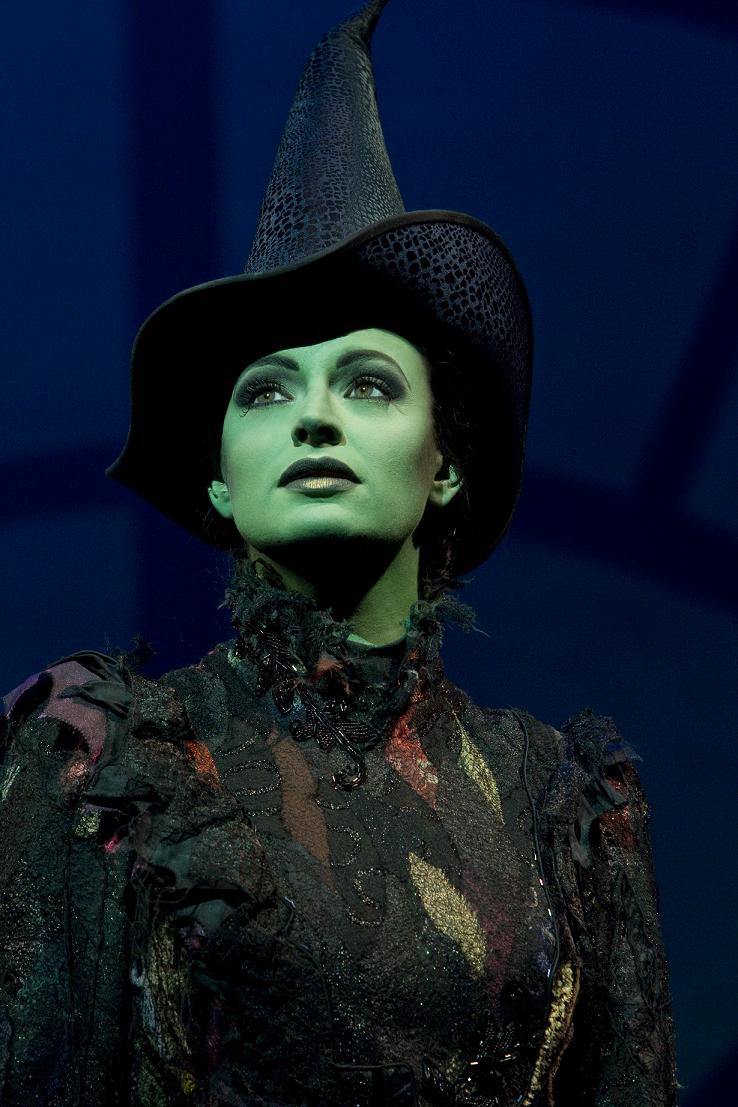One of my memories from elementary school is when we celebrated Red Ribbon week and each day was a different theme for us to remember the message of Red Ribbon week. One year, I remember one of these themed days was to dress what you wanted to be when you grew up. I remember waking up, putting on something that my mom picked out for me (she said it looked professional or something) and going to school. When my teacher and the other kids in my class asked me what I was dressed as, I said I was an author. It was one of those moments where I didn't know what to say (because I wasn't really dressed as anything specific) but once I answered the question, I knew it was true. I wanted to be an author.
Not much has changed since my elementary school days of wanting to be a writer. I distinctly remember the first story idea that was unrelated to school I tried to put down on paper. I was ten years old and wanted to write a story called "The Island" about these kids who got trapped on a desert island. I know, I was so creative: why else would you call a story about a desert island "The Island'? Thankfully, my writing has improved since then. As the years went by, I continued to read like a fiend and write unfinished stories that I was convinced would become bestsellers. Anyway, I while ago I came across a quote on Facebook from one of the writer pages I liked (#nerdalert). I don't remember who said the quote but the picture said "Don't be a writer. Be writing." This has really stuck with me. For the past year and a half or so, I've kept a journal. I've started journals in the past but never really kept up with it. This journal is more of a writing book than a journal honestly. My goal was when I started this journal in August 2012 to write in it as often as I could. Instead of making unrealistic rules I wouldn't keep, I decided my only rule for this journal was that I could write anything I wanted in it (my thoughts, lists, ideas, stories, words I liked)--as long as I was writing.
See, what people don't realize is that it takes practice to become a writer. Bestsellers aren't written by people who only write now and then. They're written by people who read and write all the time and can't stop. Successful authors are people who can't go to school or the supermarket or a soccer game without some type of paper and pen because they need to have it on hand in case they get a great idea. Something I've learned over the past few years is that if somebody wants to be a successful writer, they have to write on a regular basis--even if they aren't currently working on a story. Last post I talked about how writers need to "live" in order to have something to write about, but the other side of that coin is that writers need to practice like any other artist in order to properly portray their idea/character/setting/opinion. If you can do both of those things, and you have an idea that you're passionate about, you can be a writer. Provided you have willpower and caffeinated drinks of course.
Anyway, I guess the point of all this is that in order to be a good writer, you need to practice. That's part of the reason I like blog posts a lot--they allow me to practice my writing, and I know people will read it. Saying you're a writer is great and all, but you have to have something to back it up. The only way you'll improve at something is to practice, and this includes writing. And in the words of Mr. Patrick, "practice doesn't make perfect, perfect practice makes perfect". So don't just sit around and write junk all the time either. Get an idea you're excited about, and write that story! Try to make it the best you can, and you could end up with something great. Finally, on a slightly unrelated note, I encourage people (non-writers as well) to keep a journal. You don't have to write in it everyday, and you don't even have to write about your life. You can write about anything you want! Just write! There are so many benefits to keeping some type of notebook/journal: you can organize your thoughts/life, remember anything from what you need to get at the store to a beautiful quote, and you can really discover yourself. It may sound cheesy, but for me at least, sometimes I don't know how I feel/think about something until I write about it. You can learn a lot about yourself by writing. Plus, one day when you're 35 or something and your parents have a box full of your stuff in their attic and you happen to dig up your old journal, you'll have a portal to your past self. You can preserve what it's like to be a teenager and on the verge of college and your future. Even though I'm obviously not 35 yet, I've found some of my old, haphazardly-kept journals from when I was in elementary and middle school. It's a cool feeling reading your own writing and remembering what it was like to be you at that age. While your parents and siblings can tell you what you were like at a young age, nobody knows you better than yourself. With a journal you can glimpse at yourself through your own eyes. And that's pretty amazing.





